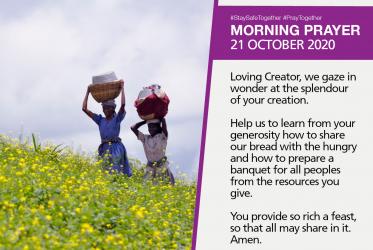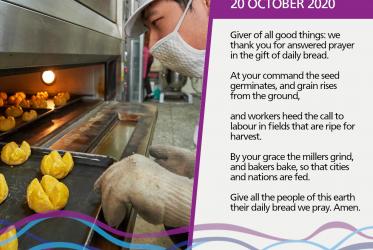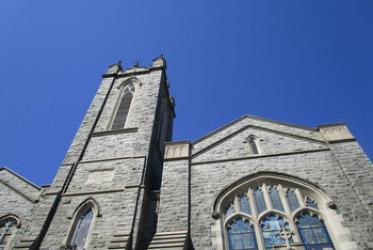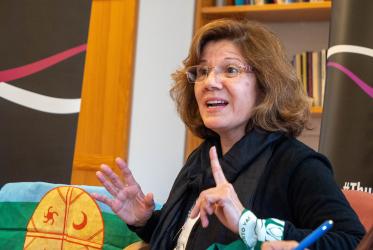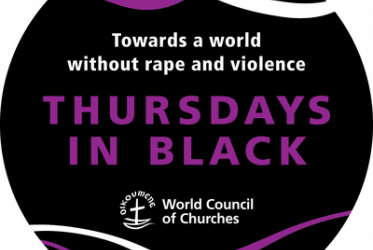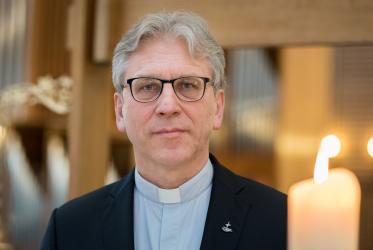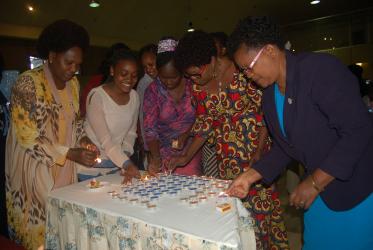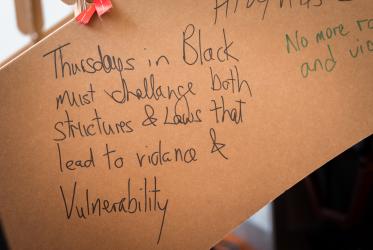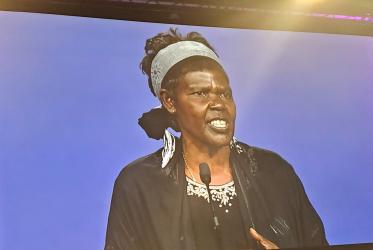Displaying 101 - 120 of 198
“Women must keep resisting,” urges Chilean theologian
10 March 2020
Jouni Hemberg: “Make the message more visible”
19 December 2019
Churches in southern Africa stand against violence, xenophobia
10 October 2019
When you strike the women, you strike a rock
18 September 2019
Dr Saïd Ailabouni: God is on the side of rejected, oppressed, occupied
12 September 2019
Lutheran assembly formally endorses Thursdays in Black
08 August 2019
Dealing with traumas and healing of wounds
04 June 2019
